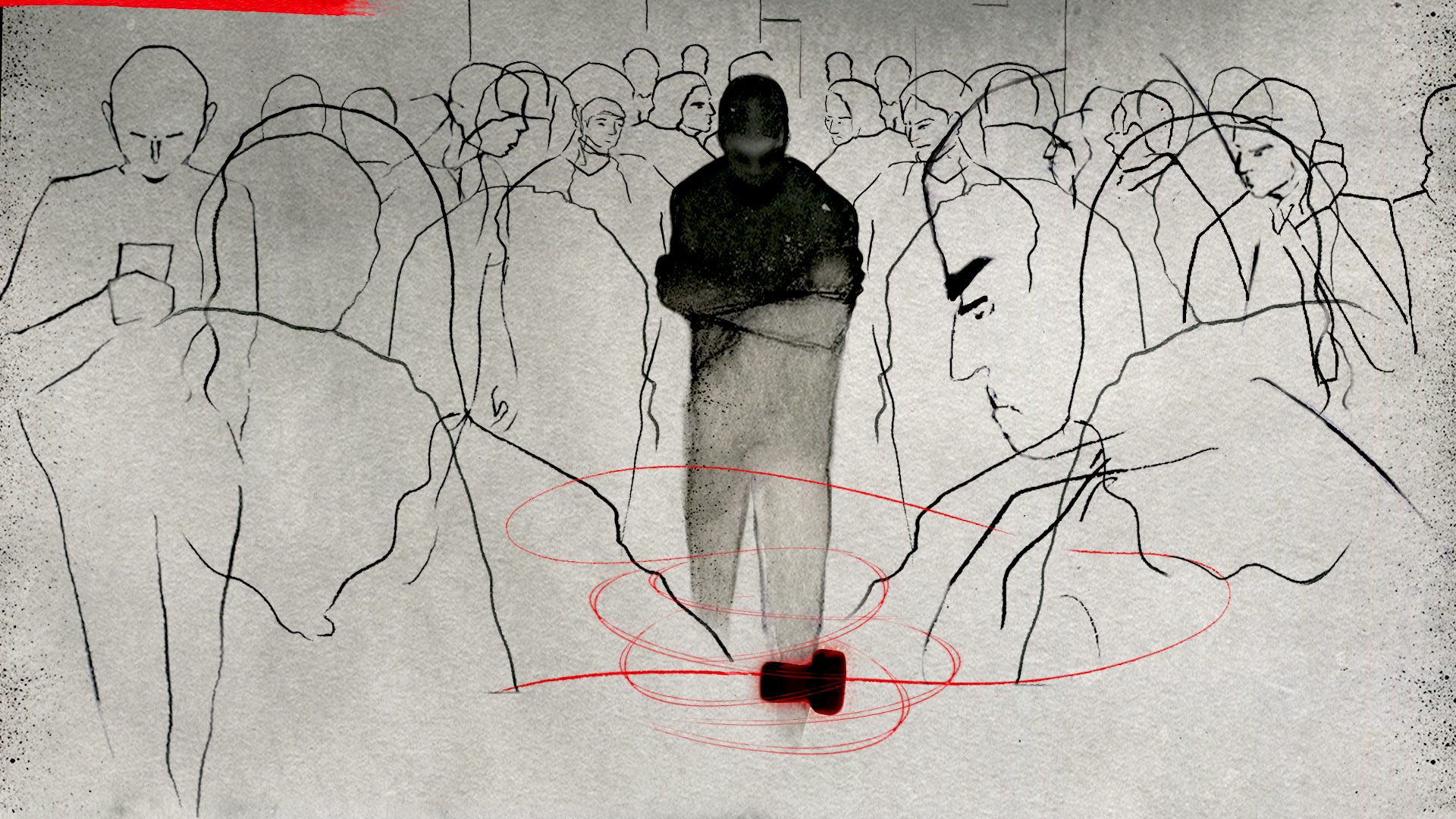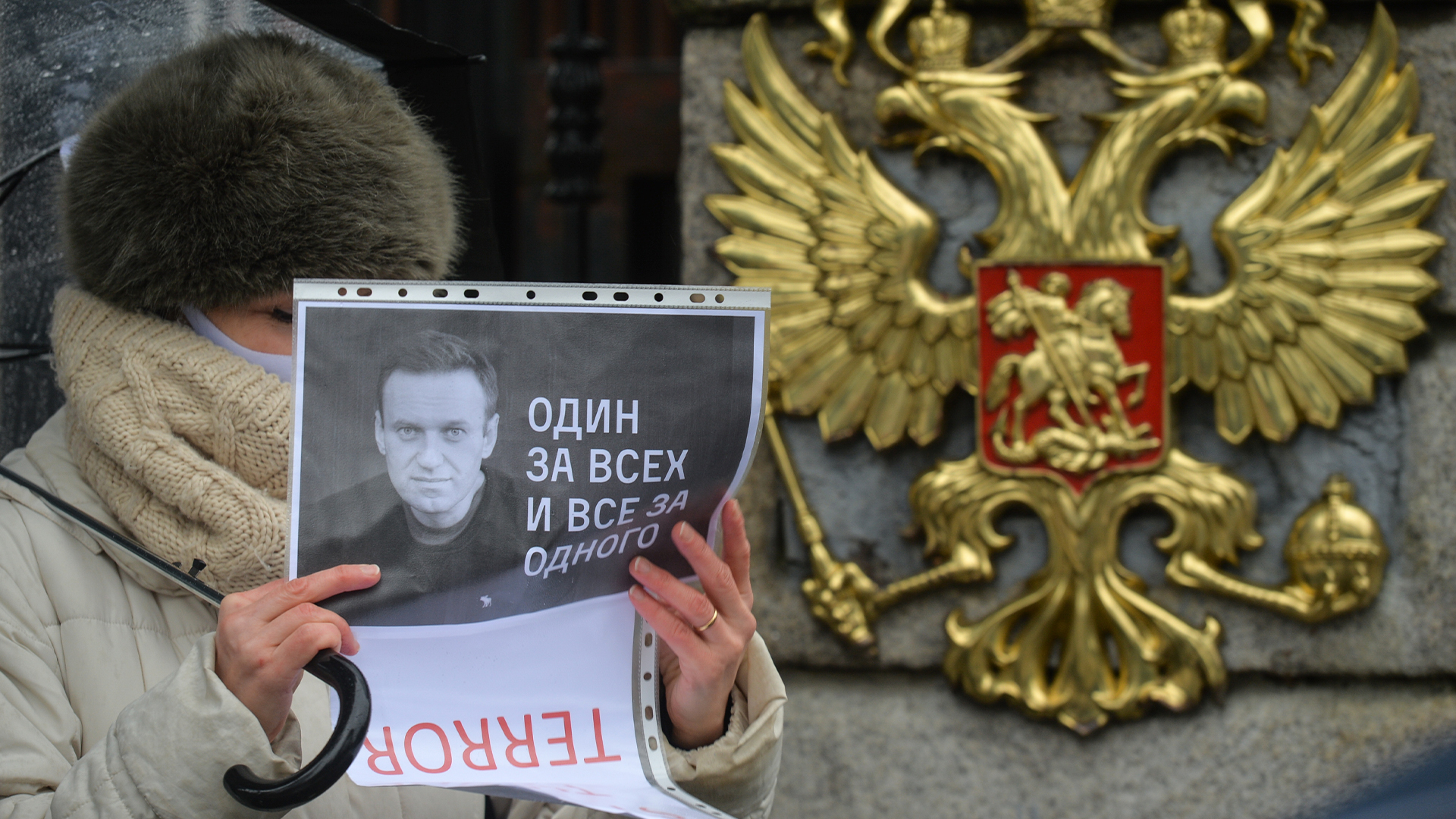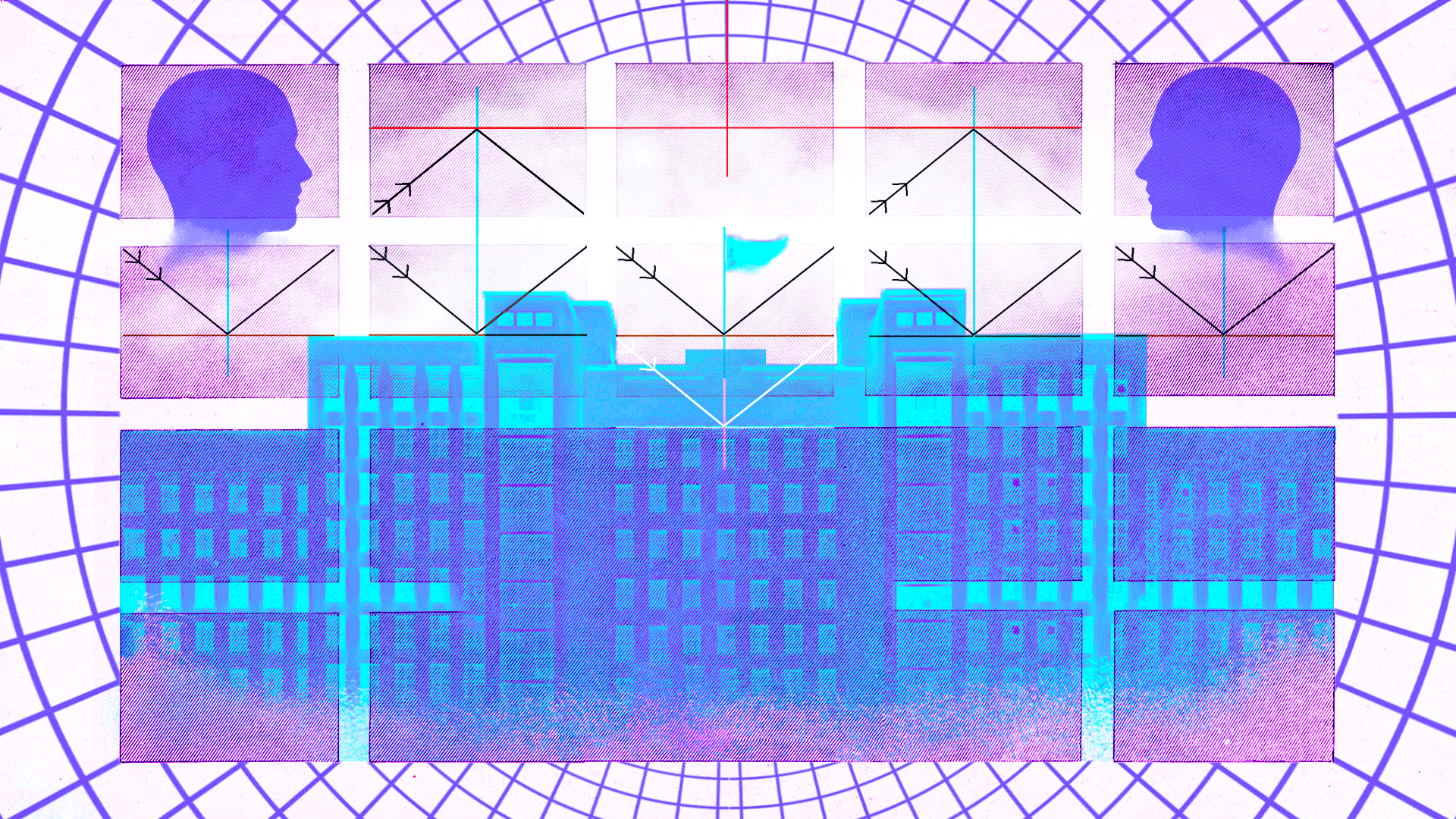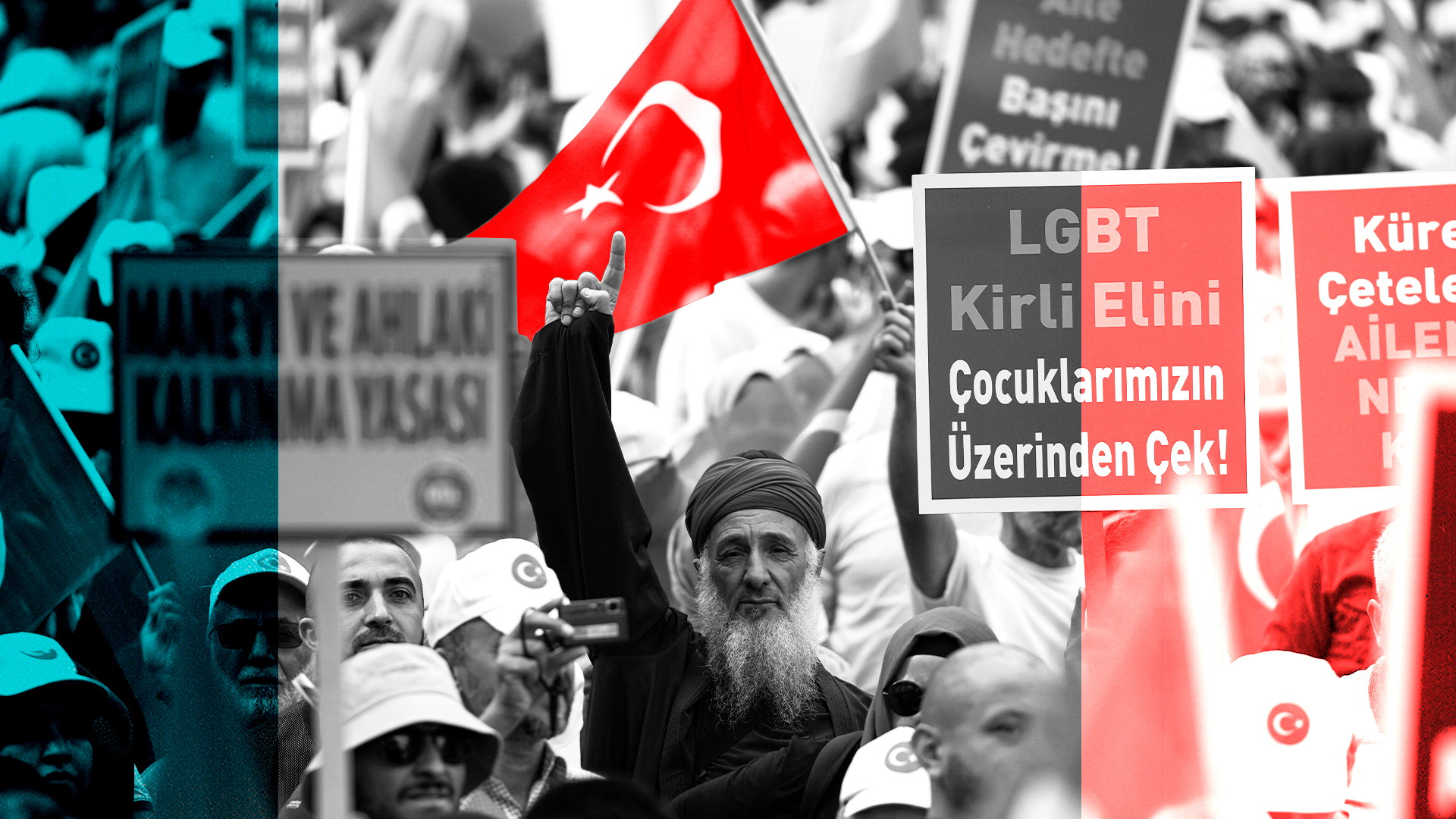Nela Liskova totters along the corridor to her office, stiletto heels and a tight pencil skirt constraining her stride. With a delicate wave, she invites me to sit before a plate of carefully arranged biscuits.
She may not look like she keeps the company of gardeners or terrorists, but through the work of her new organization — in the Czech industrial city of Ostrava — she has been likened to a representative of both.
Liskova is the self-appointed “honorary consul” of the Russian-backed “Donetsk People’s Republic” (DPR), a rebel-held region of eastern Ukraine. The group she represents has been accused of torture, sexual violence and summary executions, which the UN has said may amount to crimes against humanity.
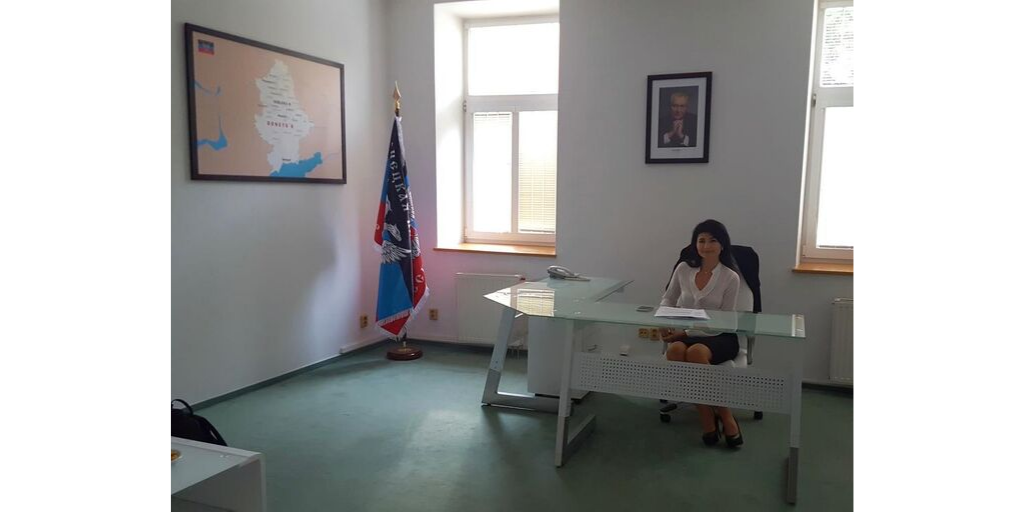
Registered simply as a private association, the Ostrava center has no formal diplomatic status. The Czech Foreign Ministry does not recognize the DPR as a state and has distanced itself from the office. It was a spokeswoman for the ministry who compared it to a “gardeners’ club.”
The inauguration of the office in September was accompanied by protests from the Czech anti-Putin group, Kaputin.
One of the protesters, interviewed by the Czech national broadcaster, described the event as Russian propaganda, and asked why the police had not intervened. “It is unbelievable…that some lady is able to refer to herself as an honorary consul,” he said.
In a war where information is a powerful weapon, the Ostrava center is highly symbolic for the DPR. The self-proclaimed foreign ministry of the breakaway region hailed the center as the “first officially registered representative office of the Republic in the European Union.”
‘No Russian troops’
Inside the office, there is a plush carpet and a smell of fresh paint. The flags of the Czech Republic and the DPR stand solemnly in opposite corners of the room. Liskova’s large desk is pristine and appears unused. There is no computer, no files, not even a pot of pens. A lone telephone is perched on the corner. I glance to see if it is plugged into the wall. It is.
The recently renovated office seems a far cry from the DPR itself, an economically depressed region where salaries and pensions regularly go unpaid.
Embroiled in a protracted war, the DPR has been dependent on Russian financial and military backing since it declared independence from Ukraine in April 2014.
Liskova insists she receives no salary from the DPR. Everything in the office was bought with her own money, she says.
“It is an honorary function,” she says. “I see it as an honor from the DPR government and as long as I consider it meaningful I see no reason why I should not finance it.”
Despite overwhelming evidence of Russia’s military presence in eastern Ukraine, and President Vladimir Putin’s own admission that “military intelligence officers” operate in the region, Liskova denies there are Russian troops in Donetsk. “Humanitarian convoys, yes, but no Russian troops, really,” she says, her diamond earrings catching the warm autumn light.
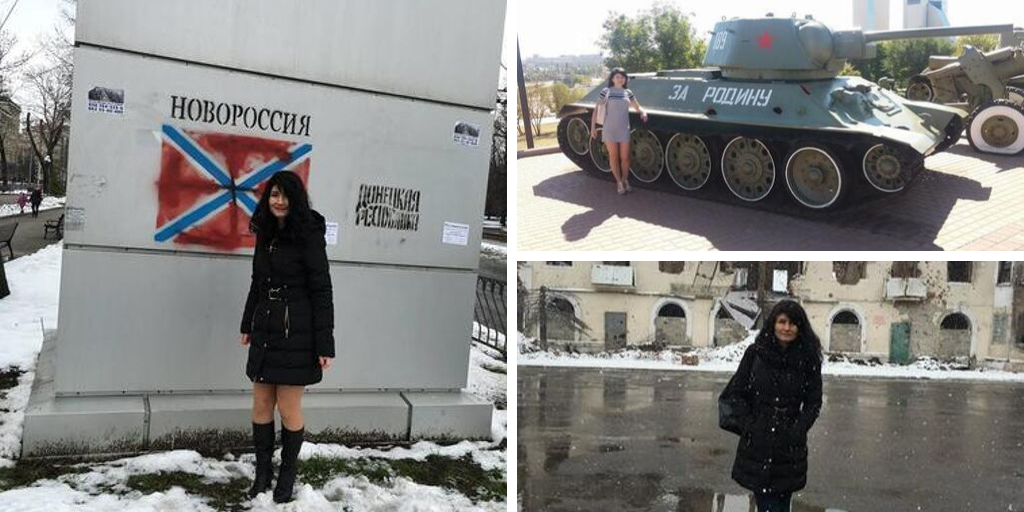
Petite, with raven hair and high cheekbones, Liskova is no stranger to militant groups. She is a leader of the self-styled “National Militia,” a nationalist Czech group which in the wake of the refugee crisis began offering weapons training to its recruits in the forest. Her involvement with the group, she says, caught the attention of the DPR’s leadership, which then invited her to Donetsk. In a war where information is a powerful weapon, the Ostrava center is highly symbolic
Liskova first visited the breakaway republic in March this year, and has been returning every month since. She is quick to criticize the Ukrainian president Petro Poroshenko, whom she calls a “fascist.” But when I ask her about the UN report which claimed the DPR rebels had been involved in kidnapping and sexual violence, she shrugs it off as “propaganda”, saying, “people need to be brainwashed.”
‘Sports and cultural events’
A native Czech speaker, Liskova says she has “no need” for a translator in the predominantly Russian-speaking Donbass region of Eastern Ukraine. Yet Liskova visibly spoke through interpreters during a press conference, on rebel-run television programming and in several Youtube interviews. Before we begin our interview, Liskova and I exchange pleasantries in Russian. Her speech is halting.
Russia is a sensitive topic in the Czech Republic, which was invaded by Soviet troops in 1968. But in recent years President Milos Zeman has been accused of cozying up to the Kremlin, condemning sanctions against Russia over the war in Ukraine and likening the conflict in the country’s east to a bout of the flu.
However, Liskova says that she does not want to see her country under the influence of either Moscow or Washington, but adds that if she had to choose, she would rather the Czech Republic align with fellow Slavs. “We are a Slavic country and have certain Slavic values,” she says.
Slavic values, in her view, are the opposite of American values. “There are many NGOs funded by the U.S. government that force the idea upon our children that it is great to be homosexual,” she says.
The notion that homosexuality is a Western phenomenon forced on children was propagated by Russian state-owned media during the passage of a law against so-called “gay propaganda” in 2013. Primetime television told Russians that children in Europe were taught to masturbate and doctored video footage was used to claim that an American father had decorated his son’s bedroom with gay pornography.
Liskova’s sense of kinship with Russia is contrasted by her hatred of the United States, which she accuses of controlling the Czech government. She is at her most animated when talking about the US, the “fascist” EU and “criminal” NATO.
Interviewed a month after the opening of her office, Liskova was vague about her plans as honorary consul, simply saying that she hopes to organize “various sports and cultural events.” To date, the office has no website or presence on social media.
The opening of the office was greeted with headlines in the press and pictures of the DPR flag flying in a European city. In a war where image is everything, Nela Liskova’s mission may already have been accomplished.





